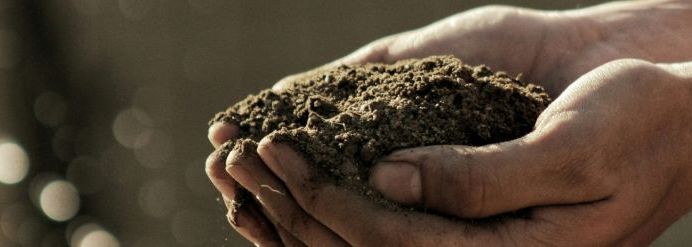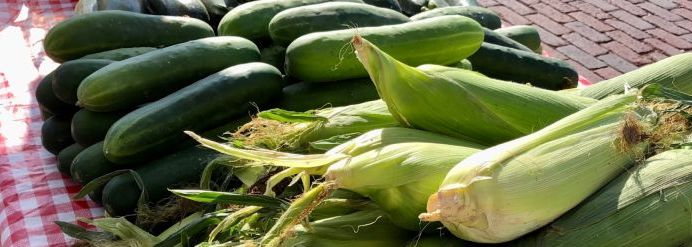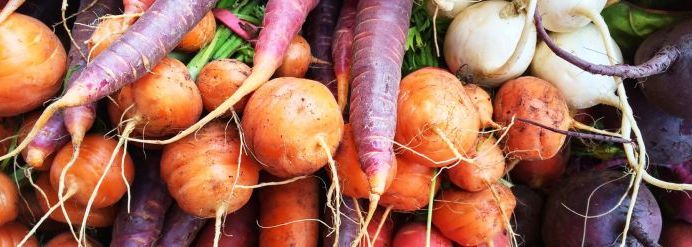Microorganisms play a crucial role in sustaining the health and vitality of our planet’s soils. All of this goes on beneath our feet, where these tiny organisms form the foundation of terrestrial ecosystems and support plant growth, nutrient cycling and soil health. Let’s get into how these little guys help growers produce local goods!
The diversity of soil microorganisms
Soil microorganisms encompass a vast array of life forms, including bacteria, fungi, archaea, algae and protozoa, each with its unique role to play in the soil food web. From the decomposers that break down organic matter to the nitrogen-fixing bacteria that enrich the soil with essential nutrients, these microscopic organisms form complex and dynamic communities that drive the processes essential for life on Earth.
Their role in nutrient cycling
One of the most critical functions of soil microorganisms is their role in nutrient cycling, the process by which nutrients are recycled and made available to plants and other organisms. Through processes such as decomposition, mineralization and nitrification, soil microorganisms break down organic matter and convert nutrients into forms that can be taken up by plants, thus fueling the growth and productivity of terrestrial ecosystems.
Enhancing soil fertility and health
In addition to their role in nutrient cycling, soil microorganisms also play a key role in enhancing soil fertility and health. Certain microorganisms form symbiotic relationships with plant roots, known as mycorrhizae, which help plants absorb water and nutrients from the soil. Others produce enzymes that break down organic matter, releasing nutrients that are otherwise unavailable to plants. By promoting soil structure and aggregation, soil microorganisms also improve soil aeration, drainage and water retention, creating an environment conducive to plant growth and resilience.
Protecting against pests and diseases
Soil microorganisms play a vital role in protecting plants against pests and diseases. Certain microorganisms produce antibiotics and other compounds that suppress the growth of harmful pathogens, while others form mutualistic relationships with plants, helping to ward off pests and enhance plant defenses. By fostering a diverse and resilient soil microbiome, farmers and gardeners can reduce the need for chemical inputs and promote sustainable pest and disease management practices in growing their local goods.
Preserving biodiversity
Perhaps most importantly, soil microorganisms contribute to the preservation of biodiversity and ecosystem stability, forming the foundation of terrestrial ecosystems and supporting the myriad of plant and animal species that depend on them for survival. By maintaining healthy soil ecosystems we can enhance agricultural productivity and protect the planet's precious biodiversity for future generations.
Come buy local goods from the Gretna Farmers Market
Soil microorganisms are a hidden but indispensable component of terrestrial ecosystems, playing a myriad of roles in nutrient cycling, soil fertility, pest and disease management and ecosystem stability. It’s important for gardeners and farmers to promote soil health. Come show them how much you appreciate them and purchase some fresh produce and flowers from our farmers market on Saturdays from 8 a.m. to noon!















